Introduction
The travel industry has been a constant driver for economic growth. International travel has long been propping up the industry, but there has also been an increase in the number of local travelers. Over the past two years, the Australians’ desire to see more of their country has resulted in double-digit growth for the travel sector.
New South Wales, Queensland, and Victoria benefit the most from the travel industry, but smaller states and territories also derive significant economic benefits. The country’s biggest draw for high-value travelers is its sustainable intent – many of the most popular tourist destinations Down Under bring in significant revenues while managing environmental and social impacts. The vast array of activities and attractions, from scuba diving in the Whitsundays to Sydney’s famous New Year’s Eve fireworks, also appeal to travelers of every kind.
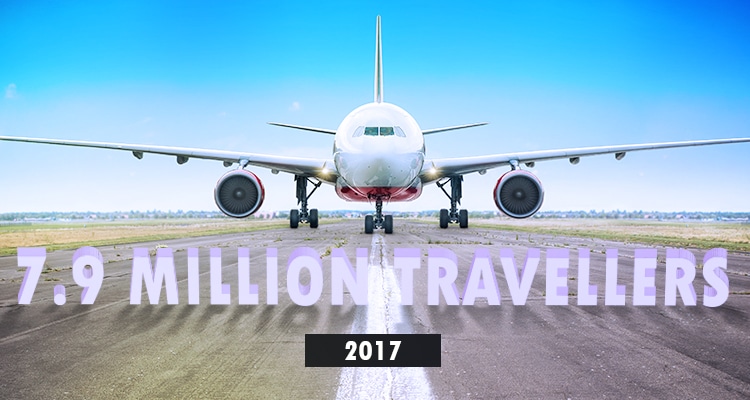
In 2017, for instance, more than 7.9 million international travellers came to Australia, staying for a combined total of 266 million nights. While many of them cited business reasons for their visit, a whopping 78 percent apparently traveled to Australia for a holiday or to visit friends and family. Thus, most travelers engaged in “touristy” things, such as visiting sites of interests, traveling across the country, and other such activities that support the thriving tourism industry.
The travel industry also happens to be Australia’s largest services export industry. Its proximity to Asia, abundance of natural assets, and high standard of living make it a desirable holiday location for those looking to travel overseas. Currently, the top six countries where international tourists hail from are China, New Zealand, the United States, the United Kingdom, Japan, and Singapore.
It’s estimated that tourists inject about AUD51 million into the economy, and that this allows the industry to generate just under 600,000 jobs. That translates to one in every twenty Australiansemployed within the tourism industry, making it a larger sector than agriculture, forestry, and fishing.
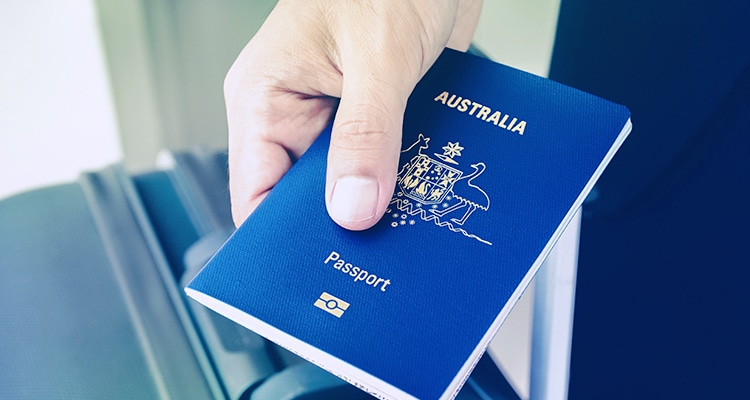
As for domestic spending on travel, Australians have spent an estimated AUD 64.2 billion on outbound trips, thus demonstrating both the inclination and capacity to travel.
However, it’s worth noting that the travel industry is not as well-defined as other industries, given that several sub-industries contribute fully, but not partially to the sector’s revenues. These include:
- Airlines
- Arts and Culture
- Hotels
- Conferences and conventions
- Outdoor recreation
- Ecotourism
Challenges Within The Industry
Promising as the Australian travel industry is, it also happens to be vulnerable to changing travel trends as well as economic and geopolitical uncertainties within and without its borders.
Within Australia
- Recent Bushfires

With fires across nine tourism regions, Australia’s international and domestic tourism will undoubtedly feel the effects throughout 2020.
- Geographic Location
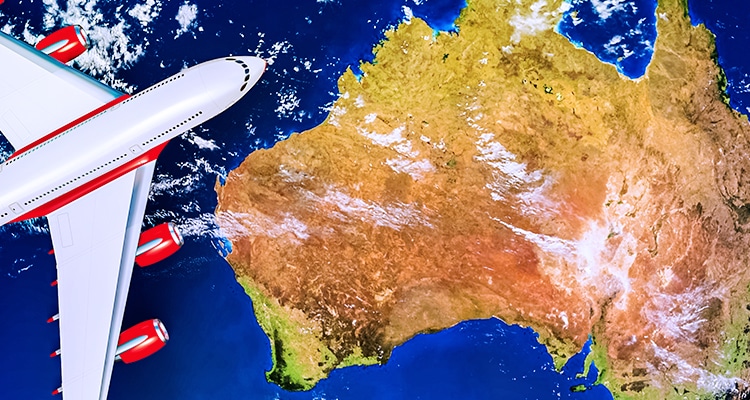
Given its relative isolation from the other continents, Australia is a difficult destination for tourists living in the northern hemisphere. Because of the distance and the ensuing cost of flights, Australia does not make the top ten countries visited by tourists from the northern hemisphere in 2018.
Outside Australia
- COVID-19 Pandemic

Perhaps the biggest threat to the Australian travel industry now, the resulting global lockdowns have greatly curtailed the influx of tourists into the country. Without a vaccine or a cure, the extent of the impact is yet to be seen, especially since China happens to be Australia’s largest inbound visitor market. Prior to the COVID-19 crisis, Australia saw 1.4 million visitor arrivals from China in 2018-2019.
- Cheaper Travel Destinations Nearby
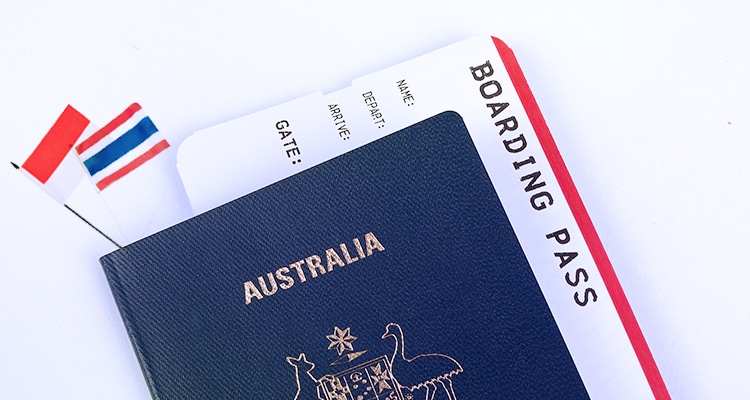
Indonesia and Thailand, for instance, aren’t so far off from Australia, and their tropical climate and smaller price tags can draw tourists away from coming into the nearby country-continent.
Remote Staff As a Possible Solution
As of June 2018, majority of businesses in the travel industry had no employees at all, with the owners themselves doing much of the work (e.g., handling bookings, running tours. etc). Only a very small percentage had 20 employees or more.
In the wake of the COVID-19 pandemic, those numbers have probably gone down even more, and business owners are probably at a loss as to how to keep their travel-related companies afloat.
Fortunately, this where Remote Staff can help. With its extensive experience and expertise in selecting and pre-qualifying some of the best remote talent from the Philippines as well as its comprehensive onboarding and training procedures for both clients and remote employees, we can help you outsource your business’ needs, all at a fraction of the cost of maintaining full staff.
While Remote Staff’s talent pool encompasses a wide variety of roles, the following are especially suited to the travel industry:
Roles
- Quality Assurance.

- Copywriting.

- Trip Development Management.

- SEO Management.

- Customer Service/Remote Live Chat.

- Remote Travel Agent.

Tasks Per Role That Can Be Outsourced

Quality Assurance.
- Continuously improve the quality of mobile and web travel apps alongside developers, designers, copywriters, and product managers;
- Set up and maintain relevant tests and execute them for new and existing features;
- Keep track of bug reports and utilize them in improving or developing a travel app or website;
- Regularly test the app or website’s functionalities.
Copywriting.
- Update previously-published content on website, app, or social media pages;
- Create engaging content or copy for various purposes (e.g., information dissemination, data gathering, new product or service launch, discount or promo launch, etc).;
- Find relevant visuals such as photos or videos and add them to short articles or published social media posts with appropriate captions;
- Draft replies to customer questions and concerns.
Trip Development Management.
- Developing and managing relationships with local suppliers and partners, sourcing creative destination options, and negotiating resulting rates and contracts;
- Conducting destination-specific research;
- Performing administrative tasks;
- Managing project timelines and monitoring completion of key deliverables;
- Managing trip budgets from initial costing through post-travel reconciliation;
- Creating and analyzing post-trip evaluation forms;
- Coordinating logistics with local operators, flight providers, and other vendors, including completing required paperwork, managing deadlines, and communicating client updates.
- Occasionally communicating with clients over phone or email.
SEO Management.
- Come up with and execute an effective SEO strategy for a travel agency, website, or app;
- Monitor crawls, indexation, rankings, traffic and engagement;
- Collect and analyze data, run tests, optimize landing pages, URIs, keywords, and content to drive traffic for site or app;
- Work with developers and other creatives to implement SEO-centric changes to website architecture;
- Test new SEO tactics and keep track of the latest trends and algorithms.
Customer Service/Remote Live Chat.
- Pursue customer leads;
- Offer new products and services, discounts, proactive solutions, and company news;
- Handle outgoing calls or emails;
- Receive, address, and monitor customer questions, concerns, and complaints;
- Prepare regular reports and summaries about usual questions and concerns.
- Assist customers with booking travel itineraries via live chat or on the phone.
Remote Travel Agent.
- Coordinate customer travel arrangements (e.g., plane tickets, hotel accommodations, day trips, etc.);
- Pursue leads for corporate travels;
- Keep track of discounts in the travel industry and bundle them into attractive travel packages for clients;
- Assist with customer queries and concerns.
AU Travel Companies That Have Successfully Outsourced Remote Work Roles to the Philippines

Companies:

- African Ubuntu Safari’s
- Travezl Pty Ltd
Remote Work Roles:

- Graphic Designer
- Mobile iOS Developer
- Web Developer
Remote Staff’s Hourly Rates
As some of the roles in the previous sections are highly specialized, their rates aren’t standardized yet. Furthermore, unless stated otherwise, the rates indicated below are expressed in Australian dollars (AUD):
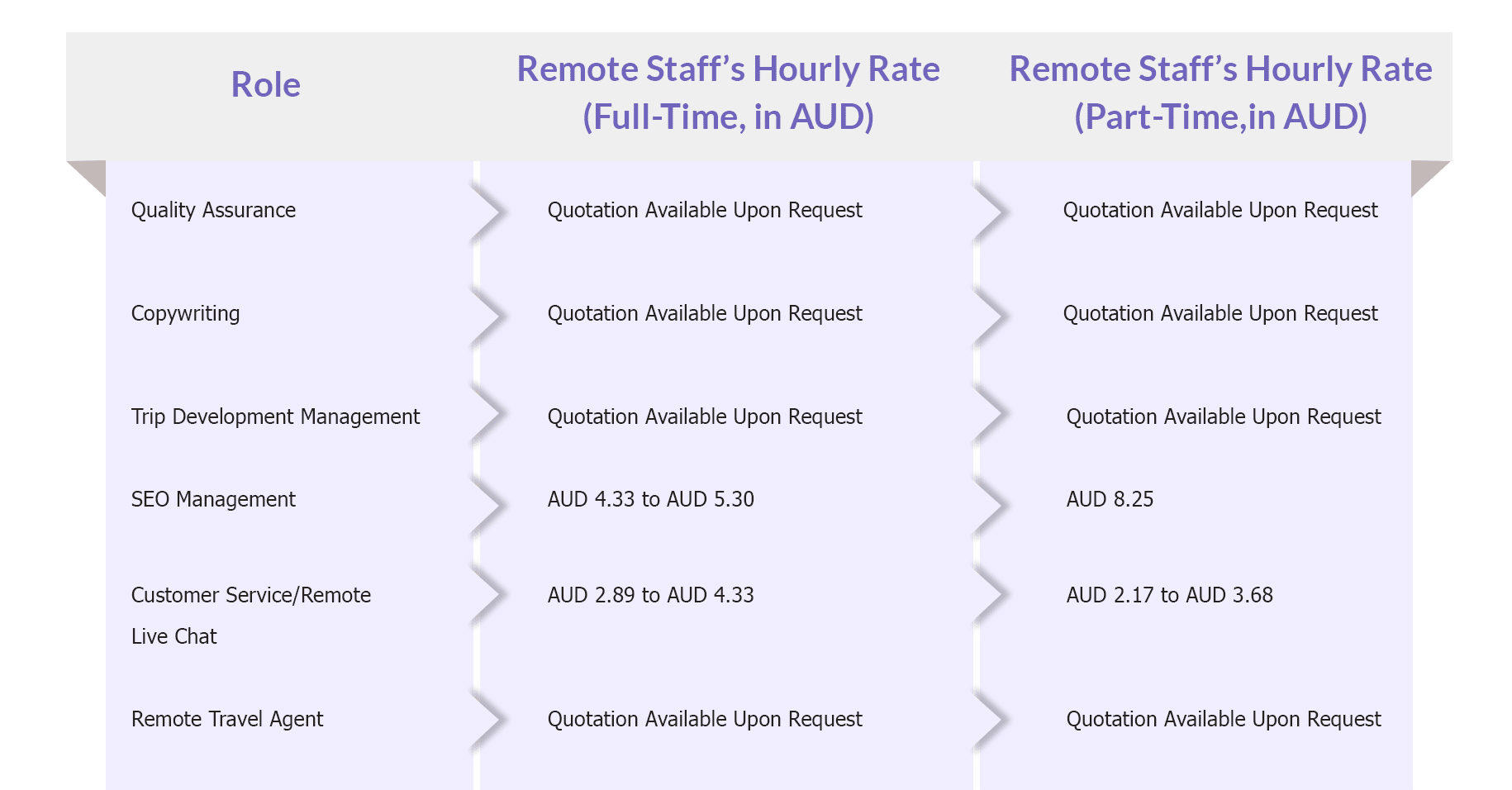
Serena has been working remotely and writing content for the better part of the last decade. To date, she's written for Pepper.ph and Mabuhay Magazine, among others, and has churned out more than a thousand articles on everything from The Basics of Stock Market Investing to How to Make Milk Tea-Flavored Taho at home. Hermits, aspiring hermits, and non-hermits with interesting project propositions may email her at serena.estrella10@gmail.com.
























 Zero Recruitment Fee
Zero Recruitment Fee